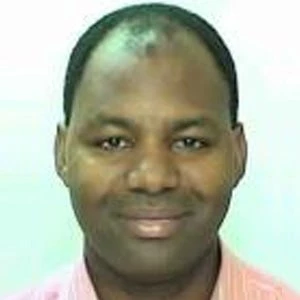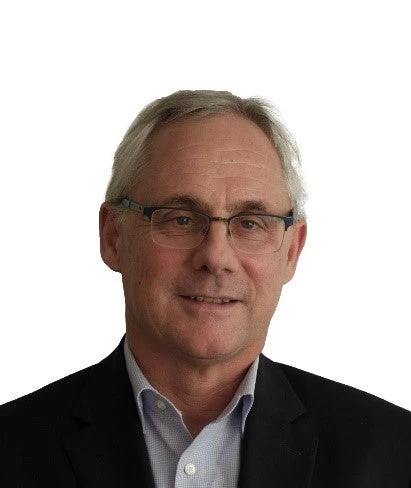[[avp asset="/content/dam/videos/backup/2018/jun-80/ecole_passerelle-eng_basic_-_small.flv"]]/content/dam/videos/backup/2018/jun-80/ecole_passerelle-eng_basic_-_small.flv[[/avp]]
The story of a country’s economic development is often told through the lens of new roads, factories, power lines, and ports. However, it can also be told through the voices of every day heroes, individuals who have taken action to improve their lives and those around them. In this blog series, the World Bank Group, in partnership with the Ivorian newspaper Fraternité Matin and blogger Edith Brou, tells the stories of those individuals who, with a boost from a Bank project, have set economic development in motion in their communities.
Young Soulama Siaka is dressed in his khaki school uniform and is sitting quietly next to his uncle, Kone Birama, in the yard of their family home. The bare yard reflects the destitution of his family after the political crisis. “I couldn’t even afford to send my children to school,” he says. Children drop out of school nearly everywhere in Côte d’Ivoire because their families cannot afford the tuition fees.
This sad state of affairs led to the World Bank’s decision to support the “Bridging Schools” accelerated education initiative under the (Emergency Basic Education Support Project). The purpose of the project is to enroll out-of-school children and provide them with an accelerated curriculum that covers two grades at once. The lessons are taught by volunteers, overseen by literacy-training advisers working for the civil service.
Siaka’s uncle enrolled the boy in the Michelle Mambo Bridging School in Bouaké. In eight months, he completed the lessons of the first two primary school grades by going to school every day, except Sundays. This marathon of learning paid off, since he graduated directly to the intermediate grades. Siaka is now enrolled in a lower secondary school in the region and his ambition is growing by the day. He already knows what he wants to do with his life. “I want to be an English teacher!” he says, showing off his best English.
Siaka is one of more than 2,000 Ivorian children between the ages of 9 and 15 who benefitted from this accelerated education program, returning to the classroom after circumstances beyond their control forced them to drop out. The project targeted the regions that suffered the most from a succession of crises. These regions include Bondoukou, Bouna, Danané, Aboisso, Mankono, and Ferkessédougou. More than half of the children benefiting from the project are girls, which also serves as a bulwark against high teen pregnancy rates.
By helping children of distressed families, bridging schools are intended to promote school attendance in Côte d’Ivoire, which lags behind most of the other African countries in this respect. Ivorian children complete only 7.7 years of school on average, compared to 10 years in Africa and more than 14 years in emerging countries. Some of this lag stems from deficiencies in the education system, but it is also the result of financial strains affecting many families. These families are just hanging on at the poverty line and cannot afford to send their children to school. The long distances that children often have to travel to reach schools in rural areas are another problem. Dropout rates increase with age, meaning that only 35% of Ivorian learners complete lower secondary school, compared to 45% in Africa and 75% in middle-income countries.
In your opinion, could a project like the bridging schools project, which cuts tuition costs by accelerating the curriculum, be used nationwide without causing operating costs to soar? Given that the quality of teaching is widely viewed as being unsatisfactory, would it be better to focus on improving teaching, which would in turn give families a greater incentive to leave their children in school?



Join the Conversation